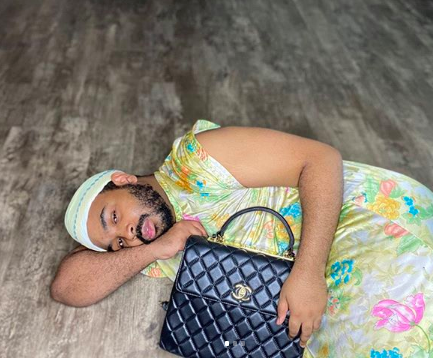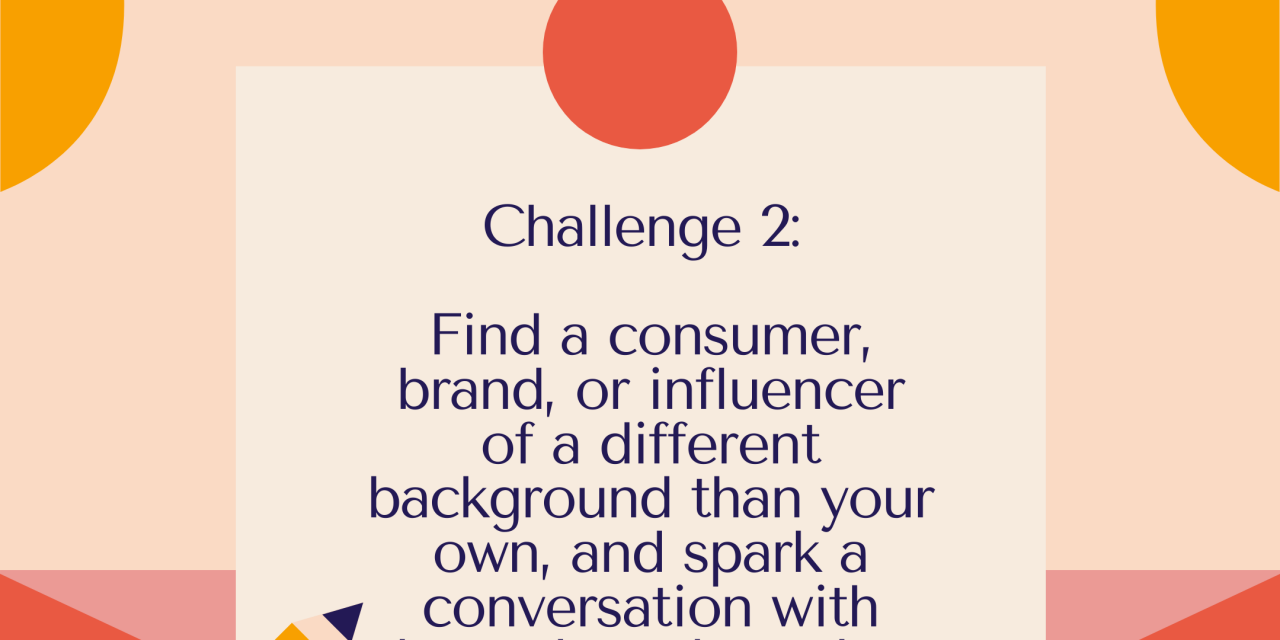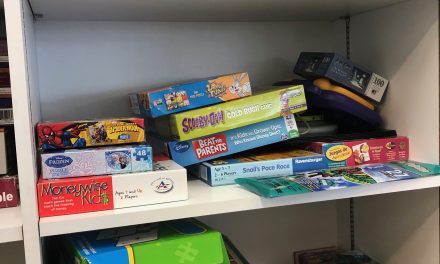The concept of being trendy is one of my least favorite things. Trends in of themselves are hollow. Trends do not last and stay in discourse for only a fixed amount of time. Understanding the fickle nature of trends is very important when one begins to have conversations regarding fashion activism and its facets.
In this discussion regarding fashion activism, the concept refers to how brands, influencers, and consumers interact with and continue discourses, aims, and initiatives when it comes to human rights. I began reckoning and creating this concept since the beginning of 2019 in response to many issues economically, socially, and environmentally that were occurring in the world. In spaces like preloved, secondhand, consignment, and vintage this is a conversation I have not seen much but it is oh so important.
Many people believe that the concept of activism cannot expand to spaces like fashion. I could not disagree more. Fashion in and of itself has always been political and asked urged society to change for the better. Thus, when I think about fashion activism in today’s world it is important for everyday consumers to understand how to enact fashion activism for several reasons.
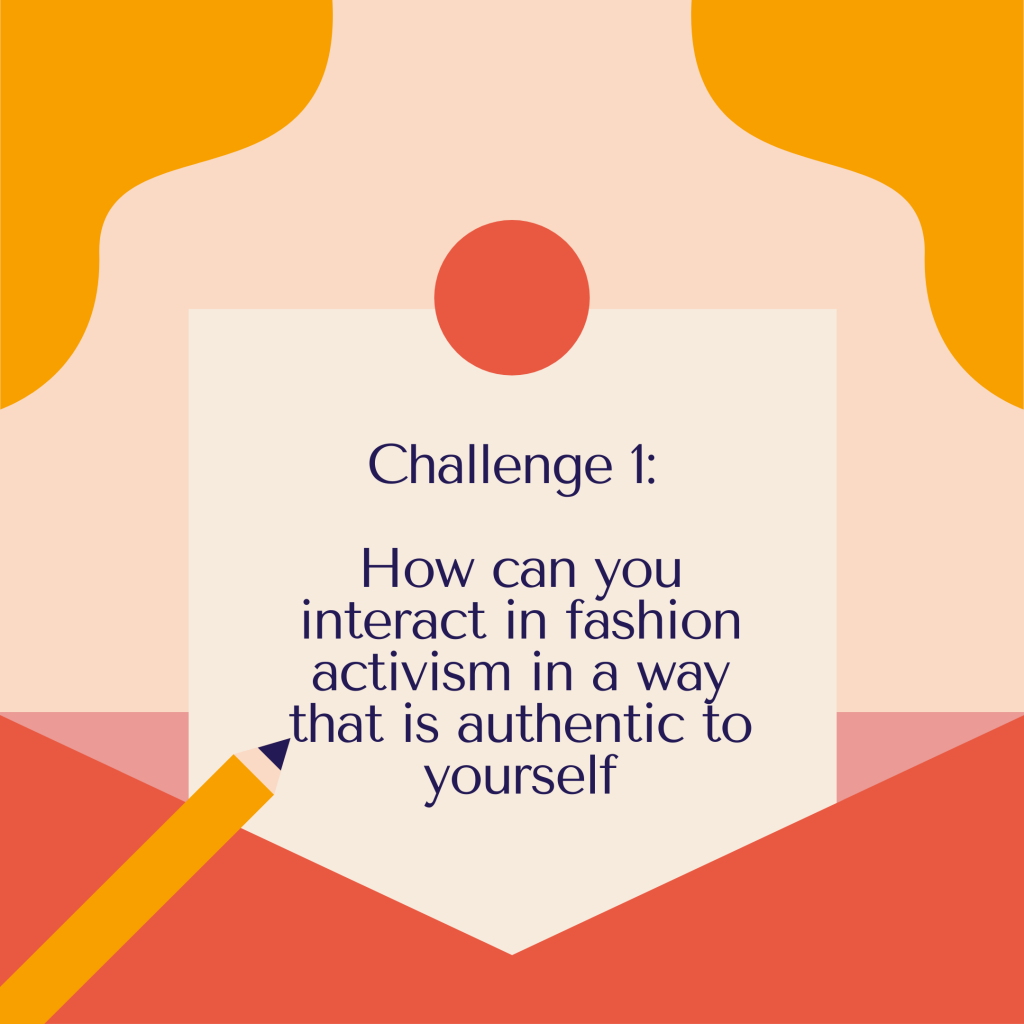
First, one way to enact fashion activism is to not only interact with certain issues when it is only trendy. If you are truly wanting and are vying for change have to keep conversations, initiatives, and interactions going even after the media dies down on a concept. Frankly, many people love to hold brands they love to higher standards when there is an audience. Nevertheless, it is important for consumers to do that same work when no one is looking. Integrity in fashion activism is of the utmost importance. Thus, if you only speak out on issues as a consumer when it looks good is not help and is disingenuous.
Challenge 1: How can you interact in fashion activism that is authentic to yourself?
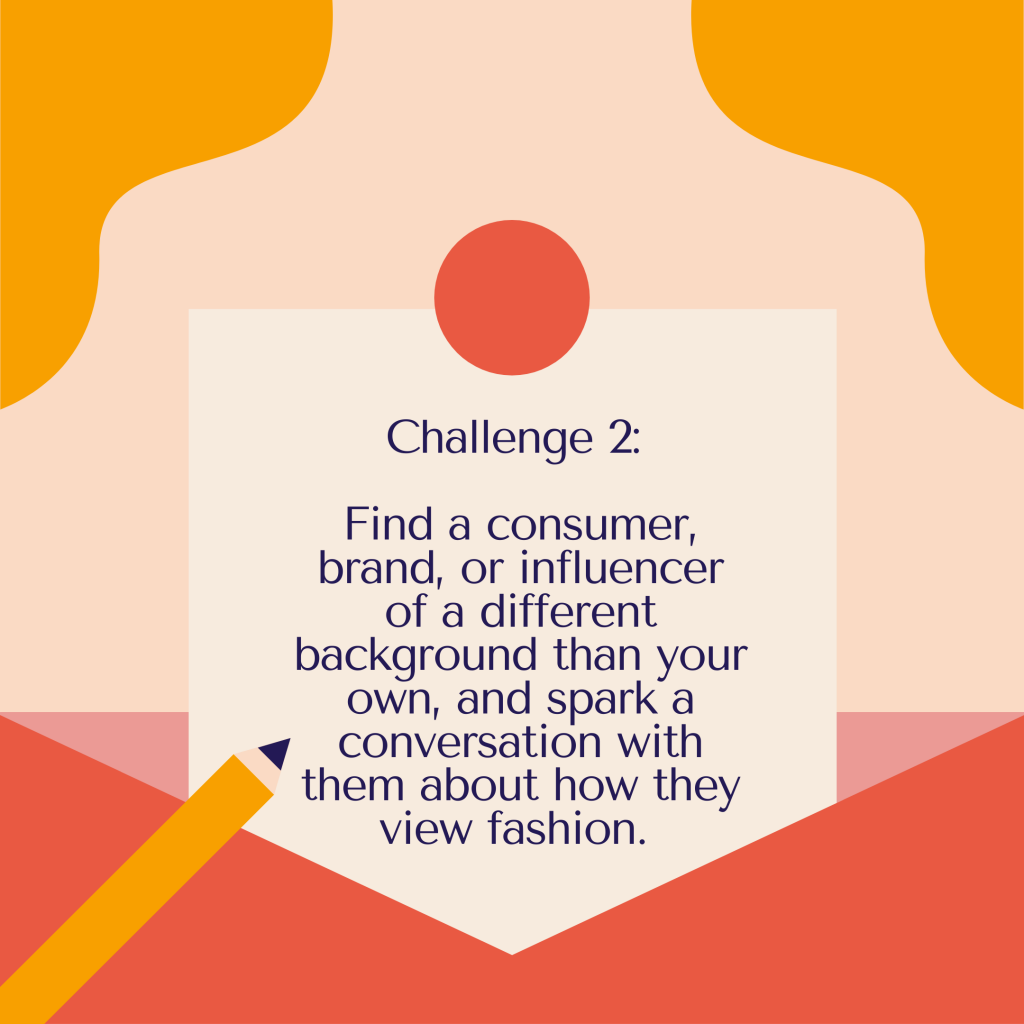
Second, another way to enact fashion activism is to get to know other consumers, brands, and influencers that do not share the same background as you. Getting a diverse perspective of how the market works and what brands are doing is extremely important. This might seem easy and you might be saying, “I follow and shop from many brands that are small businesses.” While this is great, it does not mean that the consumers, brands, and influencers are diverse. I can be a small business and look exactly like and hold the same ideals as you. Fashion activism asks you to go the extra mile and actively seek differences. This might be difficult to do at first but it is worth it. It is worth it because you might find other consumers, brands, and influencers that challenge you to have and see another worldview you might never have thought to take on.
Challenge 2: Find a consumer, brand, or influencer of a different background than you, and spark a conversation with them about how they view fashion.
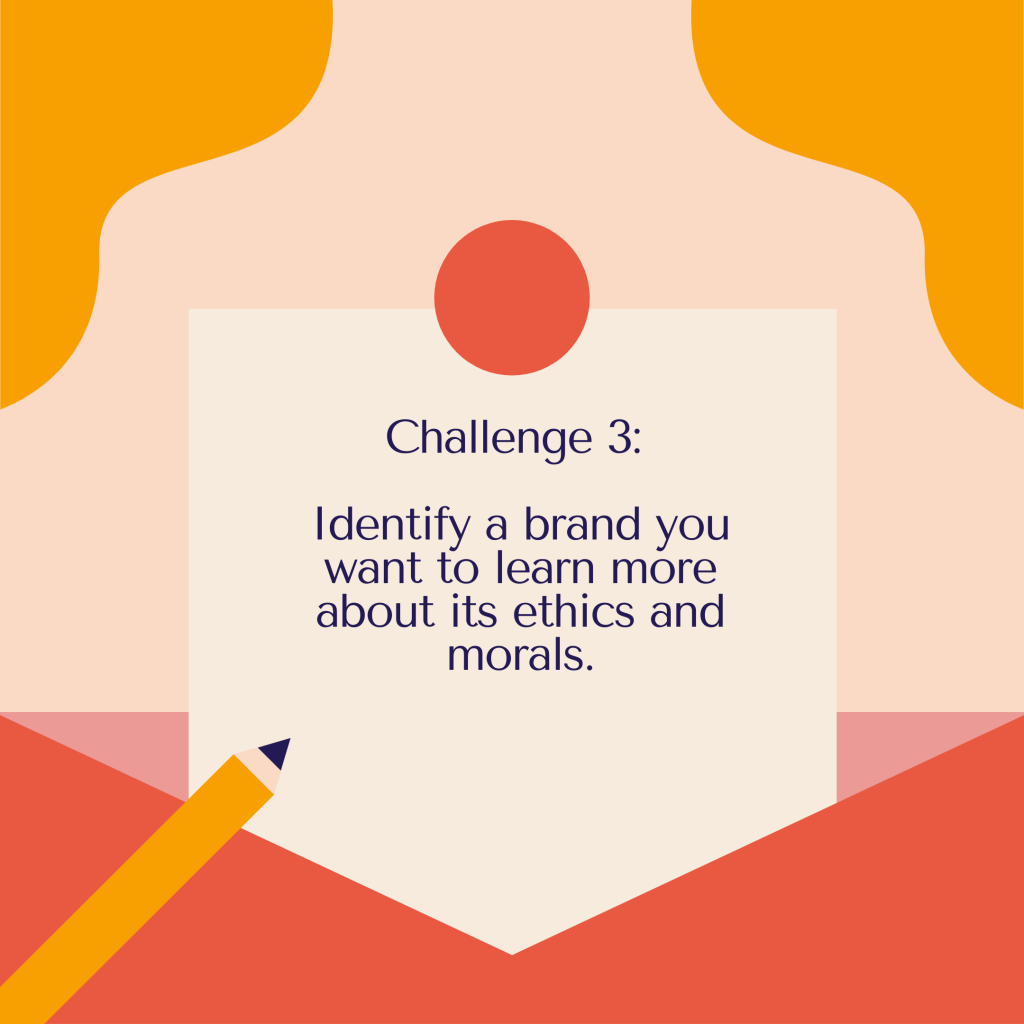
Third, a final way to enact fashion activism is to have difficult conversations with others and yourself about the brands and influencers you interact with. Do they represent you? Are they ethical? What are their morals? How do they view inclusivity? Is diversity just a word they throw around? While questions like these are uncomfortable they are necessary. When you are dripping with comfort, change is most likely not occurring. Fashion activism asks you to be critical in how to view and interact with things. It does not mean you have to be rude, disrespectful, or dismissive but, it does ask for you to think deeply about what is going on around you and how you interact with it. Difficult conversations can change your life.
Challenge 3: Identify a brand you want to learn more about its ethics and morals?
For many, this is probably an uncomfortable post to read. But, I hope you see why utilizing fashion activism especially in today’s world is so important. Fashion activism can help consumers understand whom they interact with and support. The little things and the details can help consumers see where fashion activism and progress are not occurring. Fashion is something we all love so much so, why not use it for good?
